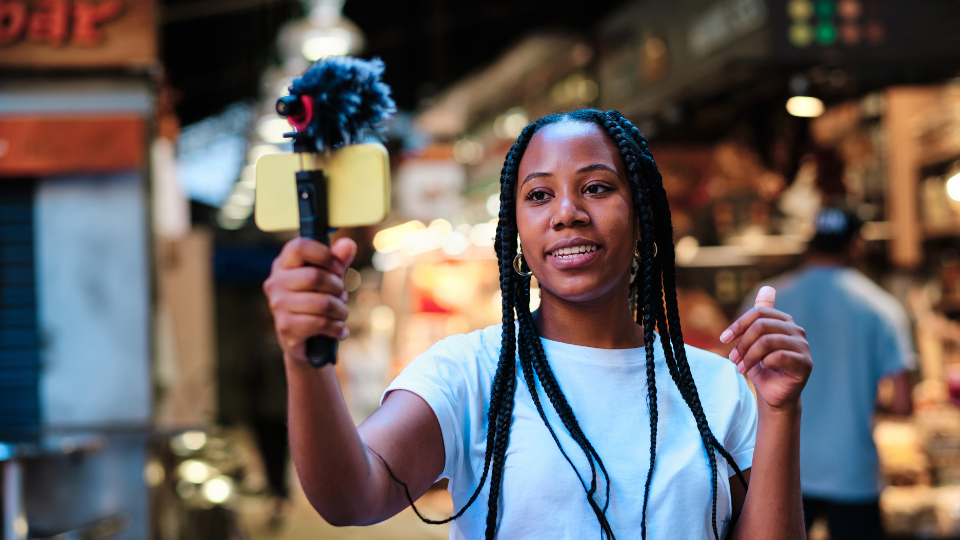Introduction
In the age of digital marketing and influencer culture, content is king. The quest for unique and captivating content often leads influencers to push boundaries, sometimes inadvertently crossing legal lines. One critical area of concern is filming in restricted zones or without proper permission. This article explores the legal principles at play and provides practical guidance to help influencers and digital marketing agencies navigate these risks.
Property Rights and Trespass
Filming on private property without the owner’s consent can lead to civil claims for trespass. Trespassing occurs when a person enters or remains on the property without permission, regardless of whether harm is caused. Always seek written permission from property owners or management before filming.
Public Spaces and Permits
While public spaces generally allow some degree of freedom, filming may still require permits depending on the nature of the activity, the use of equipment, or the potential disruption caused. Failure to obtain permits can result in fines or confiscation of equipment. Check with local authorities for filming guidelines and obtain permits when required.
Privacy Laws
Filming individuals without their consent in situations where they have a reasonable expectation of privacy such as bathrooms, locker rooms, or private homes is a direct violation of privacy laws. Always inform and obtain consent from individuals appearing in your content.
Copyright and Intellectual Property (IP)
Filming in areas with copyrighted or trademarked materials like artwork, brand logos, or music may inadvertently infringe on intellectual property rights. The IP owner can demand the removal of the infringing content and seek monetary compensation. Avoid including protected materials in your content without permission.
Mitigating Risks: Best Practices for Influencers and Agencies
Before filming, research location-specific laws and regulations. Online resources, local municipalities, and legal counsel can help clarify what is permissible. Whether filming on private property or in a restricted public area, written consent is essential. This protects against potential disputes and ensures compliance with local laws. Carry Permits and Documentation Having permits on hand demonstrates professionalism and can prevent conflicts with law enforcement or property owners.
Why This Matters for Digital Marketing Agencies
For agencies managing influencer campaigns, the stakes are higher. Agencies may be held vicariously liable for their influencers’ actions, especially if they encouraged or facilitated unauthorized filming. This could result in financial loss, reputational harm, and strained client relationships.
Conclusion: Protecting Creativity Through Legal Compliance
In the dynamic world of content creation, where authenticity and innovation drive success, influencers and digital marketing agencies must strike a balance between creative freedom and legal compliance. The consequences of filming without proper permission extend far beyond fines or takedown notices, they can lead to reputational damage, strained relationships, and costly legal battles.
By establishing clear guidelines, prioritizing legal education, and diligently securing permissions, influencers and agencies can mitigate risks and foster a responsible approach to content creation. Upholding these principles not only protects creators but also enhances the credibility of their work, ensuring that creative efforts yield positive, sustainable outcomes.
For personalised advice tailored to your needs, consult an attorney at SchoemanLaw.


Recent Comments